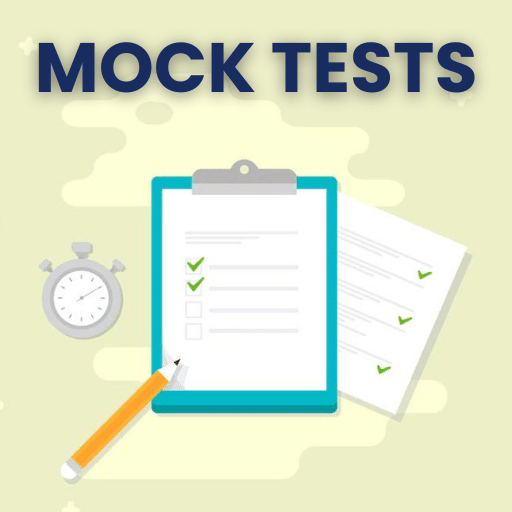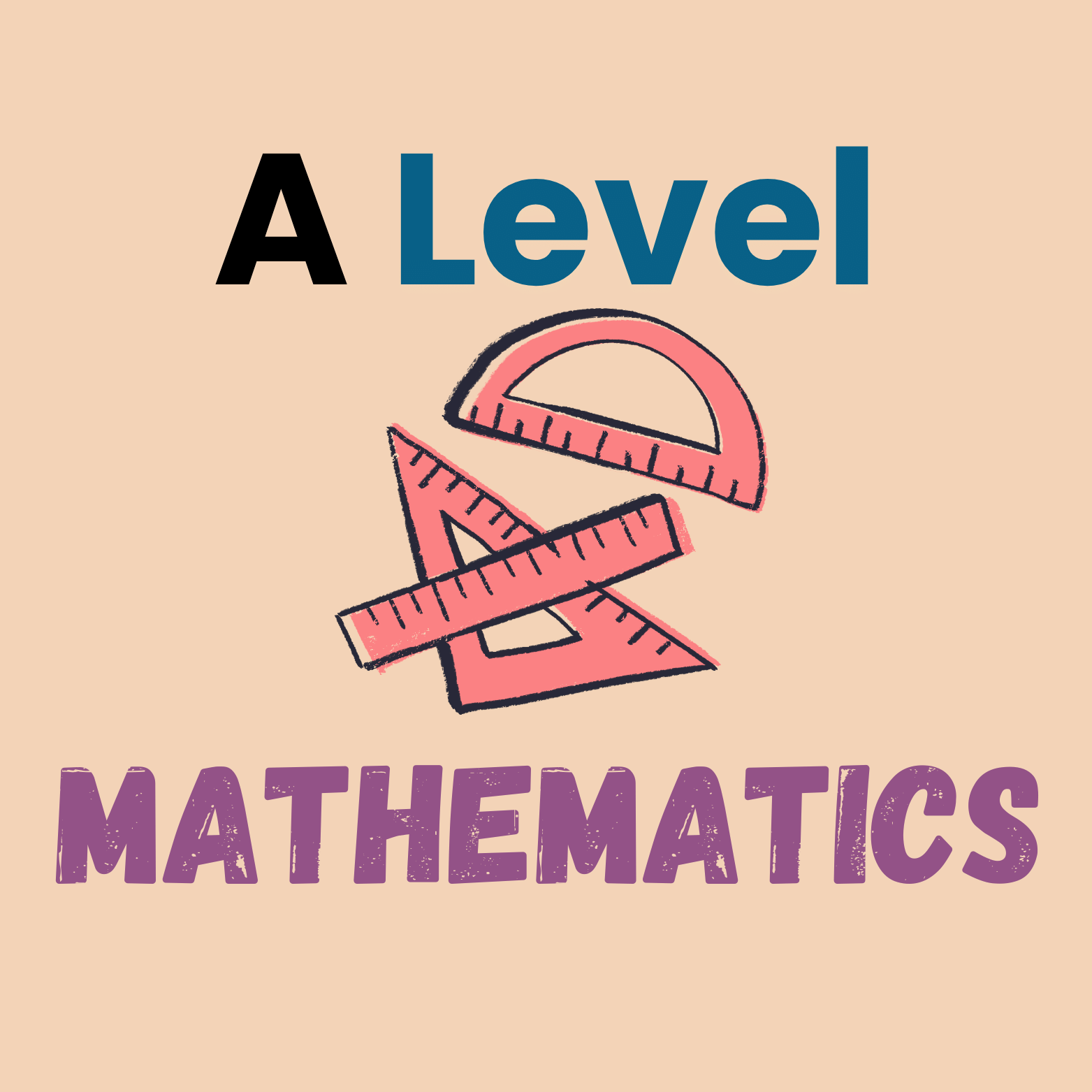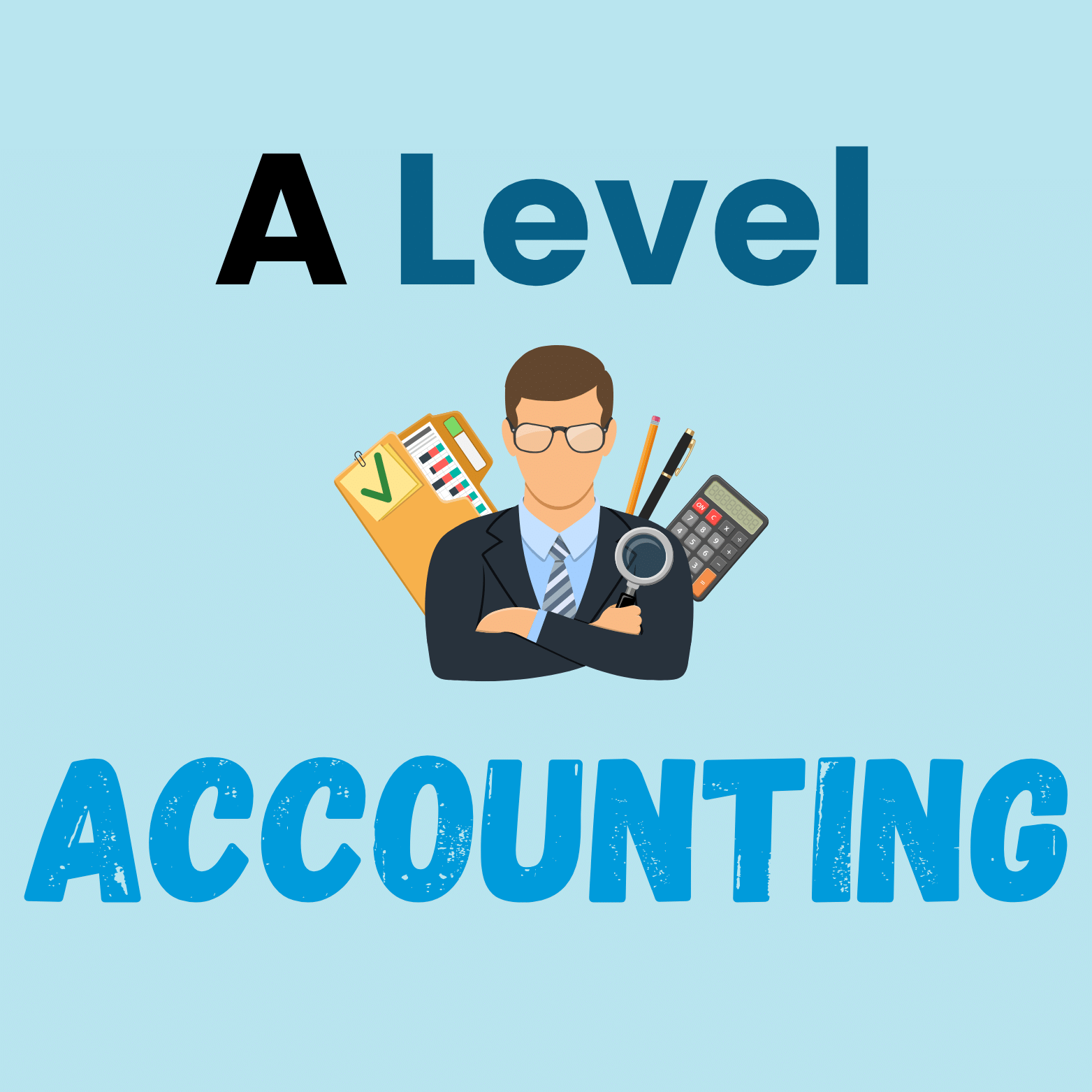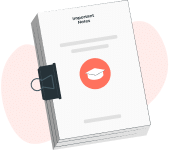A Level Exam preparation at EduRev
1. A Level subjects: A Level subjects refer to the academic disciplines that students can choose to study at the advanced level in high school. These subjects cover a wide range of areas, including sciences, humanities, and arts. Students often have the flexibility to choose their A Level subjects based on their interests and future career aspirations.
2. A Level syllabus: The A Level syllabus outlines the content and learning objectives for each subject at the advanced level in high school. It provides a framework for teachers and students, ensuring that all necessary topics and skills are covered. The A Level syllabus is designed to provide a rigorous and comprehensive education, preparing students for higher education and future careers.
3. A Level exams: A Level exams are the assessments that students take at the end of their advanced level studies in high school. These exams are usually held at the national or international level and are standardized to ensure fairness and consistency. A Level exams are highly challenging and require students to demonstrate their understanding, analytical skills, and ability to apply knowledge in a variety of contexts.
4. A Level past papers: A Level past papers are previous years' exam papers that students can use for practice and revision. These papers serve as valuable study resources, allowing students to familiarize themselves with the exam format, question types, and level of difficulty. By practicing with A Level past papers, students can improve their exam technique, identify areas for improvement, and gain confidence in their knowledge and skills.
5. A Level study materials: A Level study materials encompass a wide range of resources that students can use to support their learning and revision. These materials can include textbooks, lecture notes, online resources, and educational videos. A Level study materials are designed to provide comprehensive coverage of the subject matter, clarify complex concepts, and provide practice questions and exercises to reinforce learning.
6. A Level revision tips: A Level revision tips are strategies and techniques that students can use to effectively prepare for their exams. These tips may include creating a study schedule, breaking down the syllabus into manageable sections, using active learning techniques such as summarizing and explaining concepts to others, and practicing with past papers. A Level revision tips can help students optimize their study time, improve their understanding and retention of information, and reduce exam stress.
7. A Level grades: A Level grades are the marks or symbols awarded to students based on their performance in the A Level exams. These grades are determined by the examining board and are used by universities and colleges for admission purposes. A Level grades typically range from A* (highest) to E (lowest), with A* being the most desirable for entry into competitive higher education programs.
8. A Level universities: A Level universities refer to higher education institutions that consider A Level qualifications for admission into their undergraduate programs. These universities may have specific entry requirements and grade thresholds for different courses. A Level universities often offer a wide range of academic disciplines and have a strong reputation for academic excellence.
9. A Level entry requirements: A Level entry requirements are the minimum qualifications and grades that students need to meet in order to be considered for admission into higher education programs. These requirements can vary depending on the university, course, and competition for places. A Level entry requirements may include specific subject prerequisites, minimum grade thresholds, and additional criteria such as interviews or portfolio submissions.
10. A Level study resources: A Level study resources encompass a variety of materials and tools that students can use to support their learning and revision. These resources can include textbooks, online platforms, study guides, interactive quizzes, and educational apps. A Level study resources are designed to cater to different learning styles and provide students with additional practice, explanations, and examples to enhance their understanding and mastery of the subjects.
11. A Level study guides: A Level study guides are comprehensive resources that provide detailed coverage of the syllabus, key concepts, and exam techniques for each subject. These guides often include summaries, explanations, and examples to facilitate understanding and revision. A Level study guides can be particularly useful for self-study or as supplementary materials to textbooks and classroom instruction.
12. A Level tutoring services: A Level tutoring services offer personalized academic support to students preparing for their A Level exams. These services are usually provided by experienced tutors who have expertise in the subject area. A Level tutoring services can assist students in clarifying difficult concepts, developing effective study strategies, and practicing with exam-style questions to improve their performance and confidence.
13. A Level online courses: A Level online courses provide students with the opportunity to study and prepare for their exams through virtual platforms. These courses offer flexibility, allowing students to learn at their own pace and access resources from anywhere with an internet connection. A Level online courses often include interactive lessons, practice exercises, and virtual classrooms where students can engage with teachers and peers.
14. A Level study tips: A Level study tips are practical suggestions and techniques that can help students optimize their study time and improve their exam performance. These tips may include setting specific goals, creating a conducive study environment, using mnemonic devices to aid memorization, and seeking help when needed. A Level study tips can enhance students' motivation, organization, and overall approach to learning.
15. A Level study groups: A Level study groups are collaborative learning environments where students can come together to revise and discuss their subjects. These groups provide opportunities for peer teaching, sharing of resources and insights, and mutual support. A Level study groups can help students gain different perspectives, clarify misconceptions, and reinforce their understanding of challenging topics through active engagement and discussion.
Additional Information about A Level Preparation
A Level Exam Pattern 2025-2026
To start your A Level exam preparation, it is essential to understand the exam pattern.
The A Level exam pattern will help candidates to understand the structure of the A Level Exam question paper and marking scheme.
Students can find the complete detailed explanation of the A Level Exam pattern on EduRev.
It includes details about the exam date, syllabus, language, question paper, and paper analysis.
A Level Syllabus 2025-2026 PDF Download
Access the comprehensive A Level Syllabus for 2025-2026 in PDF format with EduRev.
This valuable resource provides the detailed subject syllabus, exam pattern, and language information for efficient exam preparation.
Students can download and study the syllabus, along with study materials, notes, and recommended best books available on EduRev.
Enhance your preparation with mock tests, sample papers, and question papers for paper analysis.
Additionally, Toppers' notes and coaching assistance are at your disposal to excel in the A Level exam.
Achieve outstanding results and boost your confidence with EduRev's curated videos and preparation tips.
A Level Books
Prepare for the A Level exam with the best books available on EduRev. These books cover the entire syllabus and exam pattern,
ensuring comprehensive preparation. students can access study material, sample papers, and subject-specific notes to enhance their understanding.
EduRev offers coaching support and paper analysis to sharpen exam skills. With mock tests and question papers,
students can practice effectively and gain confidence. Stay updated with the exam date and language requirements for a smooth experience.
Toppers' notes are an additional resource for valuable insights. EduRev's official website provides access to all these resources,
helping you excel in the A Level exam effortlessly.
A Level Study Material and Notes PDF Download
Prepare for the upcoming A Level exam with EduRev's Study Material and Notes in PDF format.
Access a comprehensive collection of subject-specific study materials and notes to cover the entire syllabus.
These resources are designed to aid your preparation, ensuring a thorough understanding of the exam pattern, language, and syllabus.
Boost your confidence with practice papers and question papers for paper analysis. EduRev offers coaching support and toppers' notes to excel in the A Level exam.
Download the study material and notes from EduRev's official website and embark on a successful preparation journey.
A Level Previous Year Papers
A Level Previous Year Papers by EduRev provide valuable resources for exam preparation.
Access question papers, paper analysis, and practice papers to understand the exam pattern and syllabus thoroughly.
Enhance your preparation with best books, study materials, and toppers' notes.
Stay updated with the latest exam date and official website information. Utilize mock tests and sample papers to practice in the exam language.
Boost your performance with insightful preparation tips and coaching videos.
Ace the A Level exam confidently with EduRev's comprehensive study material and expert guidance. Prepare effectively and excel in your upcoming exam.
Important Questions for A Level
Get ready to ace the A Level exam with a focus on important questions.
These questions give valuable insights into the exam's format and difficulty, helping you gauge your readiness.
Access various question papers, including sample papers, previous years, and mock tests, to understand the exam's scope.
Analyze these questions to identify patterns and essential topics. Strengthen your knowledge with study material and notes.
EduRev provides an extensive collection of important questions to support your preparation and boost your chances of achieving outstanding results.




![Grid View]()
![List View]()


 (150K+ ratings)
(150K+ ratings)
![]() (150K+ ratings)
(150K+ ratings)
 (150K+ ratings)
(150K+ ratings)

















































